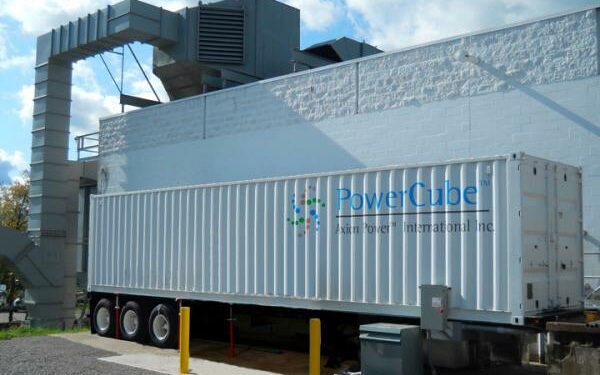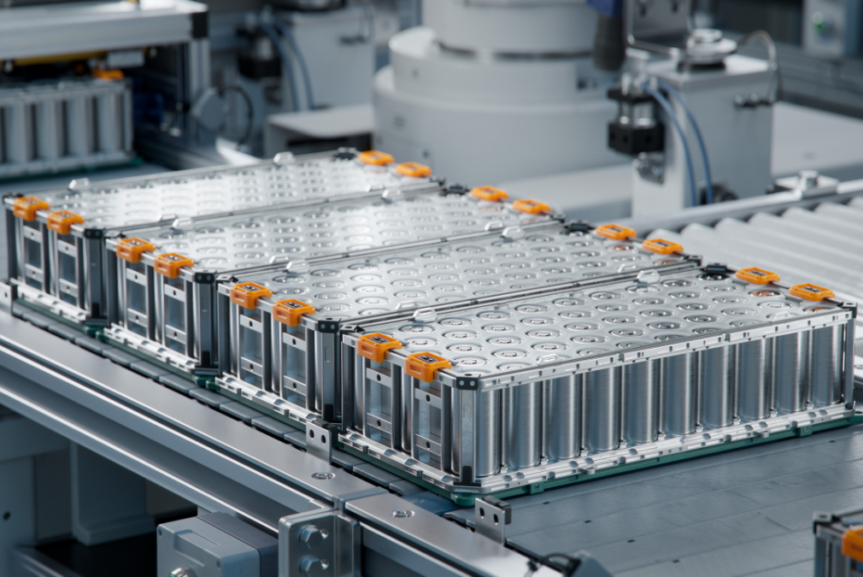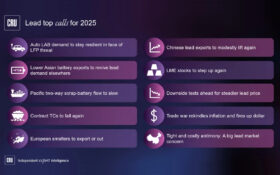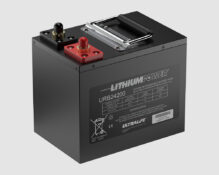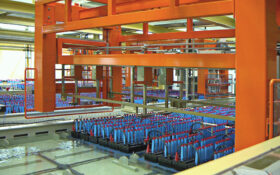Energy storage manufacturer Axion Power International has filed an interconnection application for a lead-carbon 12.5MW battery energy storage system (BESS).
If successful, the US firm will use technology based on its PowerCube battery storage system, which uses a standard lead-acid battery positive electrode and a supercapacitor type negative electrode made of activated carbon.
The interconnection application is with US regional transmission organisation PJM Interconnection for a site in Sharon, Pennsylvania.
Axion currently has a lease option agreement on the property and is seeking regulatory approval to deploy the BESS to provide frequency regulation.
The application is currently moving through the PJM interconnection review process, with Axion evaluating project financing options.
As the application is reviewed, Axion will also apply for site permits, complete preliminary engineering and establish the project rollout plan.
Jack Shindle, Axion Engineering VP, said: “PbC batteries are particularly well suited to frequency regulation due to their high efficiency at partial state of charge, symmetric charge/discharge profile and long cycle life.”
Construction and battery manufacture could start towards the end of 2016, with startup scheduled for mid-2017, pending regulatory approval.

